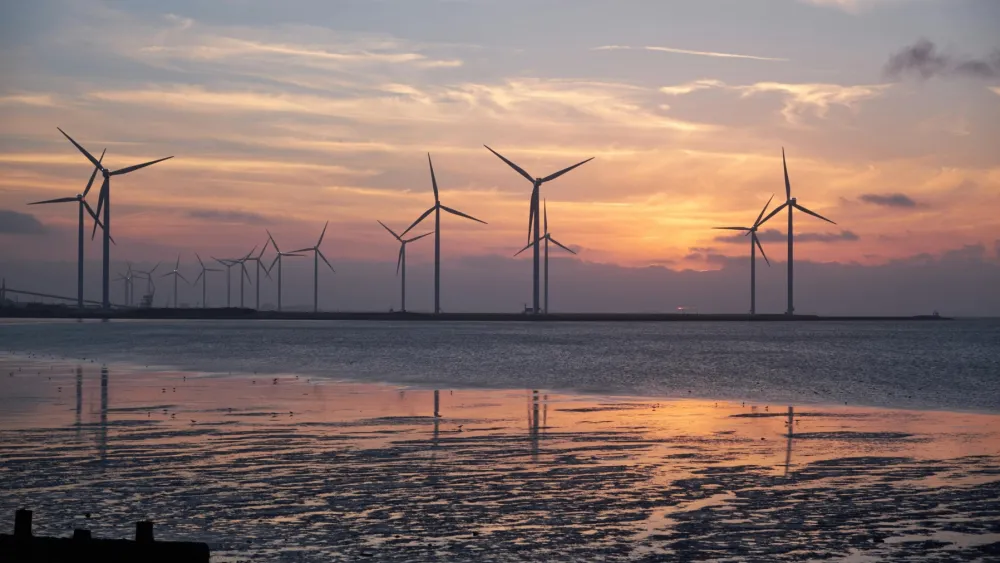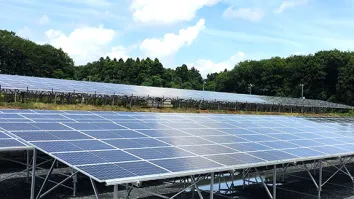
Thailand leads low-carbon initiatives in Asia
Amongst its efforts is studying frameworks for nuclear energy development.
Thailand is positioning itself as a regional leader in low-carbon innovation, driven by its 2050 carbon neutrality and 2065 net-zero targets.
According to Watson Farley & Williams, some of Bangkok's key initiatives include the signing of a memorandum of understanding by the Energy Regulatory Commission of Thailand (ERC) and the Atoms for Peace to study the frameworks to support the development of nuclear power plants.
The cabinet has also approved the Ministerial Regulation Prescribing Categories, Types, and Sizes of Factories (No.3) 2024 for solar energy expansion. It is expected to approve the draft Climate Change Act that will include the establishment of greenhouse gas emissions databases and reporting requirements.
The National Energy Policy Council has also approved a pilot project for a direct power purchase agreement, allowing private companies in the data centre business to purchase up to 2,000 megawatts of power directly from renewable energy producers via grid connections, the law firm said.
Meanwhile, Thailand is currently reviewing the draft amendments to the Petroleum Act. The proposed changes introduce a legal framework for carbon business operations.
ERC has also launched its first UGT scheme under the Notification regarding the Criteria of Service Provisions and Determination of Utility Green Tariff 2023.
The Notification outlines the mechanism and calculation for UGT in renewable energy purchases, incorporating the cost of Renewable Energy Certificates.



















 Advertise
Advertise







